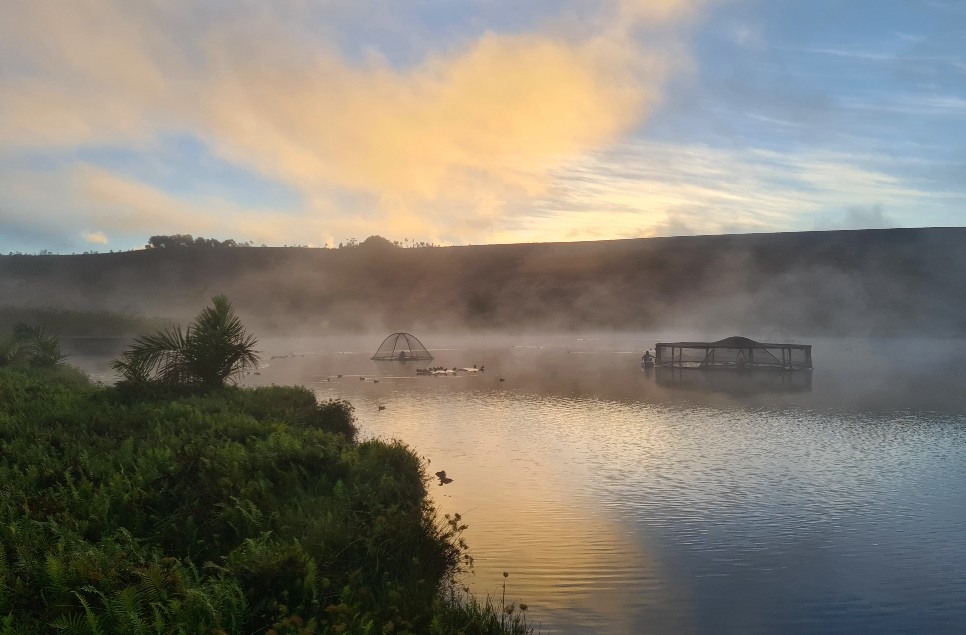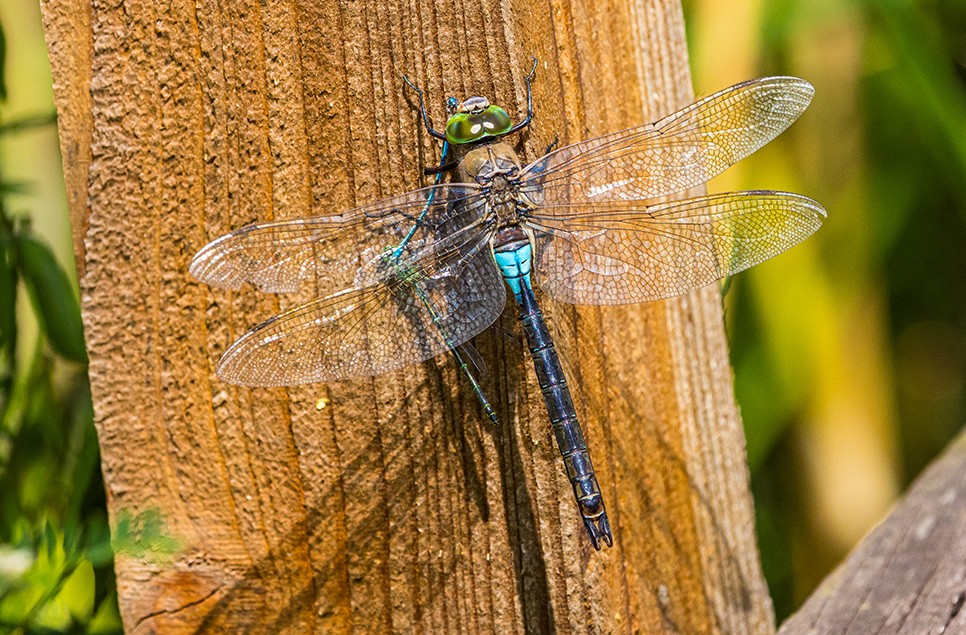Saving world’s rarest duck helps restore critical Madagascar wetlands
News on World Wildlife Day that 35 of the world’s rarest ducks have been successfully released into the wild has highlighted the pivotal role these birds play in our ambitious project to restore wetlands in Madagascar.

The release is the latest stage of an against-the-odds mission to save the Critically Endangered Madagascar pochard – an operation that perfectly captures the theme of this year’s World Wildlife Day: recovering key species for ecosystem restoration.
The pochard was believed extinct until a small number of birds were rediscovered at a remote site in 2006, which led to WWT and the Durrell Wildlife Conservation Trust securing eggs from the wild to establish a captive-breeding centre on the island.
That site was unsuitable for a diving duck, so securing the pochard’s long-term future meant establishing a new population in the wild at another site – Lake Sofia.
WWT Project Manager Peter Cranswick explained that this would be a “very significant challenge”. Since 1960, over 60% of the island’s wetlands have been lost and those remaining are heavily degraded by sedimentation, pollution, and fishing practices.
Lake Sofia is also in poor condition, perhaps even unable to support pochards, requiring a large project to restore the site.
“The major consideration in rural Madagascar is that local communities rely on wetlands for water for their crops, for fish, for resources to make everyday goods,” said Peter.
“So the restoration was necessary to meet the needs of the 15,000 people whose livelihoods and wellbeing are intimately entwined with the lake. First and foremost, we had to restore a lake for the local communities, which would then also be new home for the duck.
”A healthy lake will provide more resources for the communities, and benefit the wildlife. Restoration requires all stakeholders to participate and to agree the approach – from village leaders, farmers and fisherfolk, to government agencies. Saving the world’s rarest bird is a key part of creating a persuasive narrative, and bringing many different groups together to save a wetland.”

Last year’s release was the second at the lake, and brought the total number of birds to 47. Particularly encouraging for the long-term success, the birds released in 2018 have already bred successfully.
“By rights, we should not be releasing pochards at Lake Sofia: the logistical challenges are enormous, and the site is unsuitable in many ways, requiring significant effort, determination, and not a little ingenuity,” added Peter.
“But this work will do so much more than save the world’s rarest duck – it will restore a whole ecosystem for a wide range of threatened wildlife and, more importantly, for the people who live off and around Lake Sofia. They will be the guardians of a flourishing wetland that supports their needs. In that story, the pochard will eventually become just one of many players, but the duck was the central character on page one that enticed everyone to keep reading.”
The Madagascar Pochard Project is a partnership between WWT and the Durrell Wildlife Conservation Trust, The Peregrine Fund, Asity Madagascar and the Government of Madagascar. These and previous releases, and our joint efforts to protect the lake with local stakeholders, would not have been possible without the kind support of National Geographic, Association of Zoos and Aquariums Conservation Fund, Synchronicity Earth, Fota Wildlife Park, the UK Government through the Darwin Initiative, HSBC, Disney Conservation Fund, Mitsubishi Corporation Fund for Europe and Africa, Taronga Conservation Society Australia, Mohamed bin Zayed Species Conservation Fund, US Fish and Wildlife Service, Réserve Zoologique de Calviac, and most recently with the support of the European Union and the Organisation of African, Caribbean and Pacific States through the BIOPAMA Programme.



